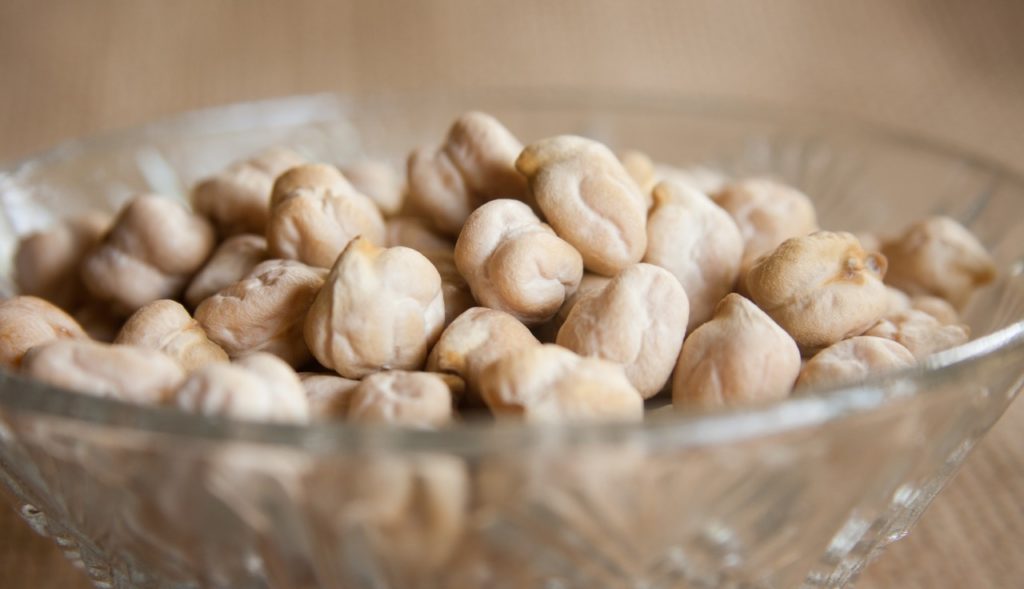Pulses – protein-rich crops like beans, peas and lentils – lend themselves perfectly as a substitution crop for farmers in Flanders, according to ILVO, the Flemish Institute for Agriculture, Fisheries and Food Research.
A number of favourable conditions are coinciding at present: consumer demand, in a hunt for meat substitutes, is rising; all of the links in the farm-to-food chain are present locally; and initial experiences have been encouraging.
“It is now a question of further mastering cultivation techniques and setting up local chains,” said Jana Baeyens of ILVO. “All of the basic requirements to make the crops successful are there.”
At present, most of the lentils, chickpeas, edamame, soy and kidney beans consumed in Belgium are imported. Supply is uncertain and prices fluctuate wildly. All of those points are factors likely to attract processors, traders and food companies to local production.
The plants, as legumes, are capable of fixing nitrogen from the air, providing part of their own fertiliser and storing more for the following crop. They are highly suitable for crop rotation, as well as helping towards European targets for reducing artificial fertiliser. And may of the plants attract pollinating insects, which is good for biodiversity.
And all of the links in the production chain are already present locally.
“We have legume breeders, seed companies, farmers looking for profitable crops, contractors with the right machinery, primary processors who dry, clean, possibly grind and package the harvest, traders, food companies who process the beans or flour into a tasty end product, retailers and let’s not forget a growing proportion of vegetarians or flexitarians among the population,” Baeyens explained.
At the end of last month, agricultural engineer Thomas Truyen harvested the first-ever crop of Flemish-grown chickpeas from an experiment in Zwalm in the Flemish Ardennes south of Ghent. As it turns out, the drought that has other farmers tearing out their hair is perfect for the crop.
"Other crops that grow in drier conditions are much sought-after,” Truyen told the VRT at the time. “Last year it was quite dry during the spring and summer, and chickpeas do very well then.”
“The first results of the research into local protein-rich crops are promising,” said Flemish food and agriculture minister Hilde Crevits.
“These are new crops where interest from both farmers and potential buyers is constantly increasing. They respond to several challenges: changing consumption pattern, climate objectives, local protein supply. It is crucial that we encourage farmers to take up this challenge.”
Alan Hope
The Brussels Times

